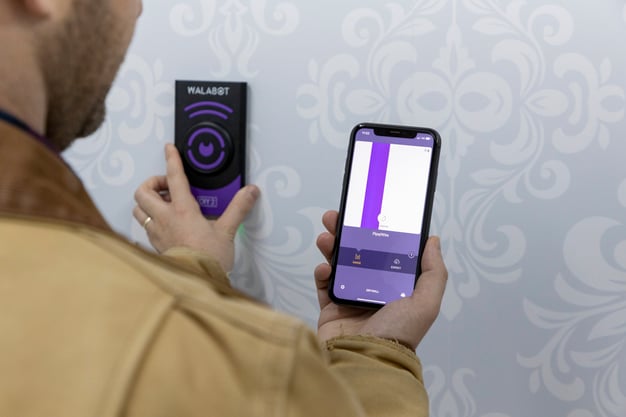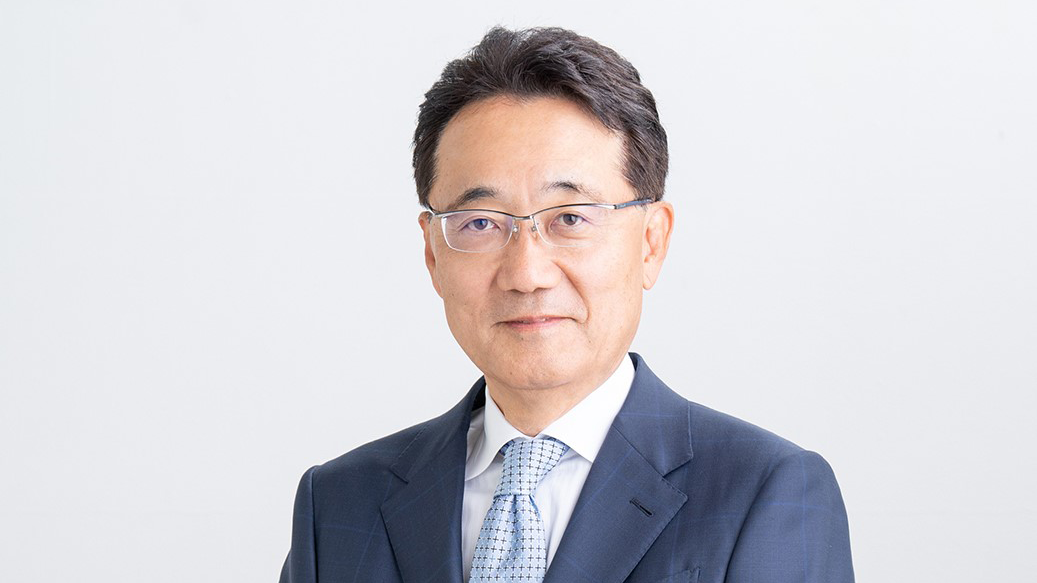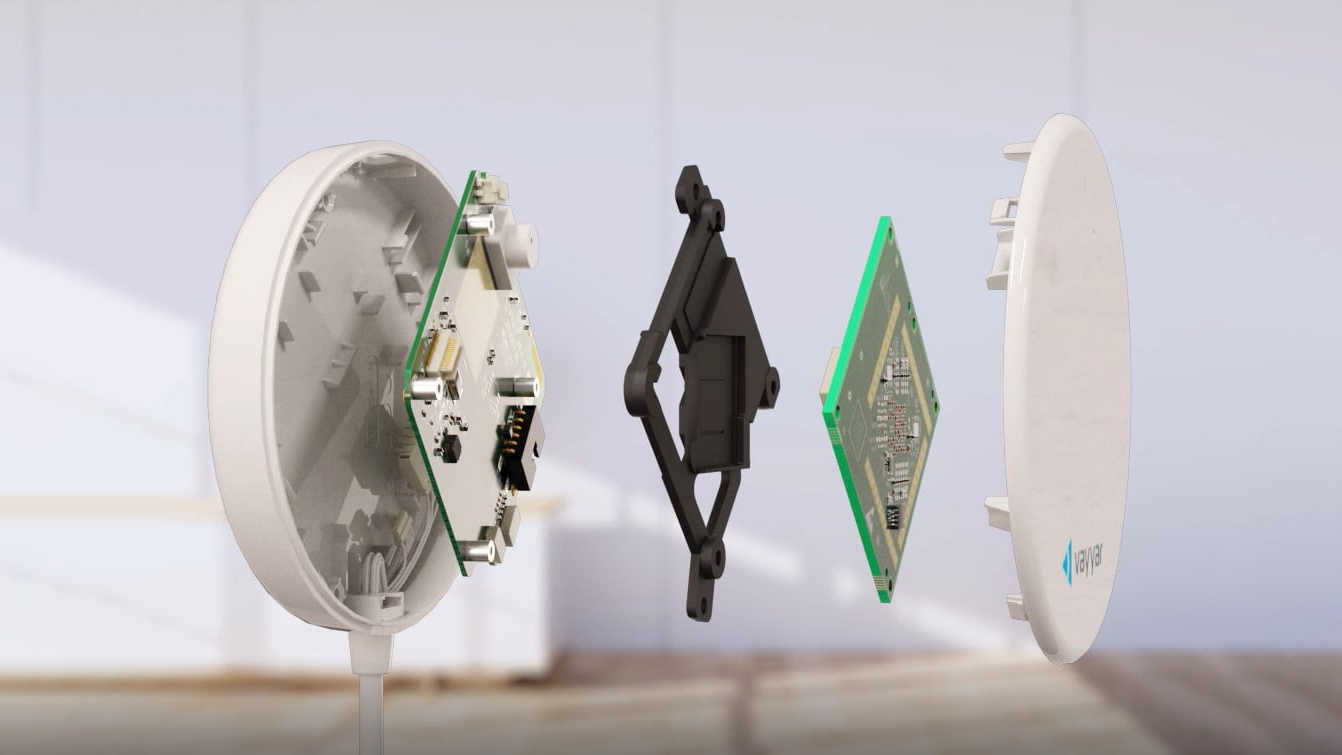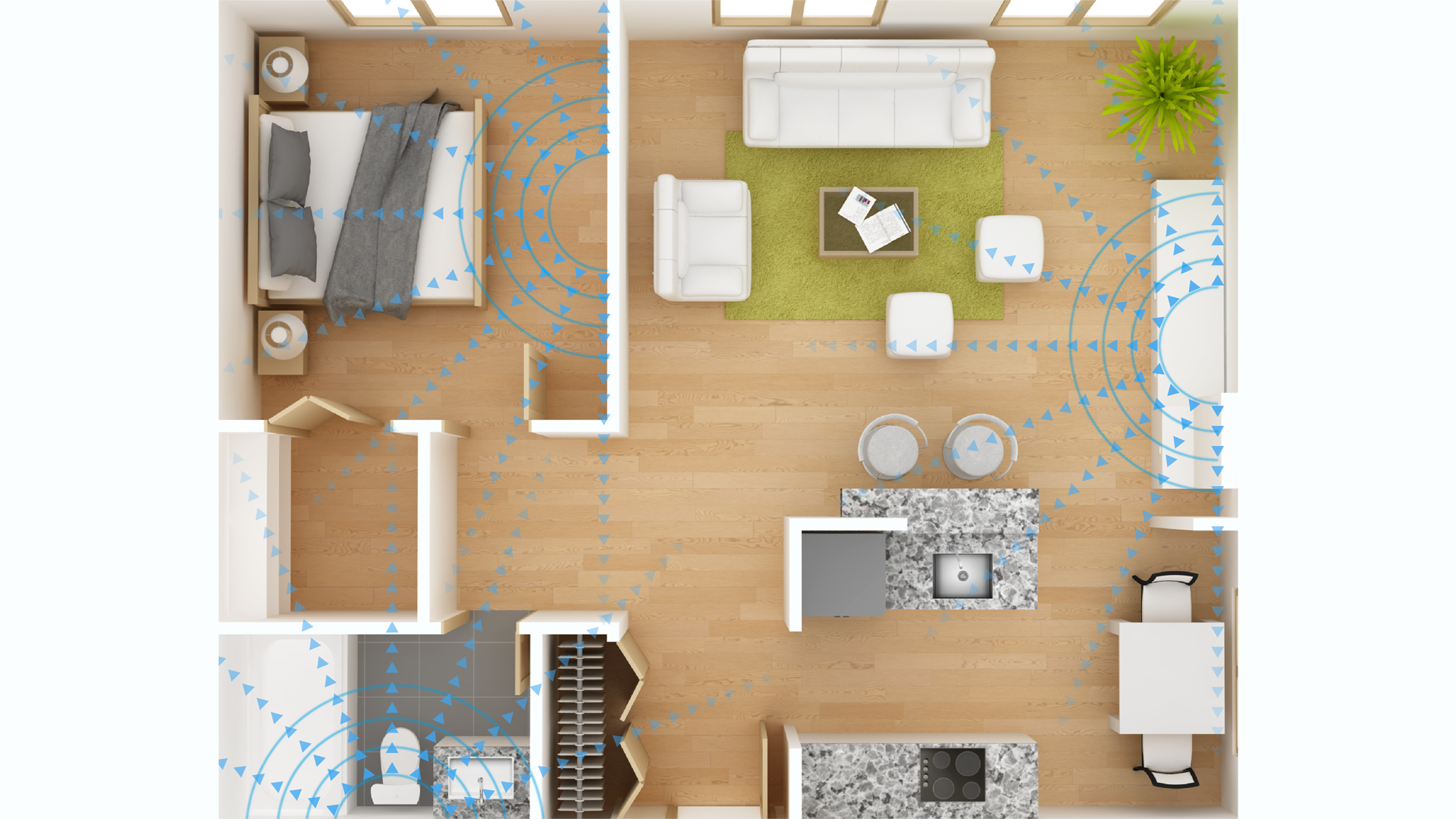Main Menu
Posted by Vayyar
June 10, 2022The Israeli Company with a Chip that “Sees” through Walls is Worth $1B

The Israeli startup Vayyar Imaging, which developed radar-on-a-chip, raised $108 million and targets its product in a variety of industries, including automotive, medical, and nursing.
As originally published on Geektime.
The headlines may be talking about the market crisis, but the Israeli company Vayyar Imaging is yet another Israeli company that has reported on a fundraising round and is valued at over $1 billion. Vayyar is developing a radar-on-a-chip that can be used in a variety of products and announced the completion of a $108 million Series E fundraising round. The round was led by the Koch Disruptive Technologies Foundation and included participation from new and existing investors. The new investors who participated include GLy Capital Management and Atreides Management LP while existing investors include Battery Ventures, Bessemer Ventures, Regal Four, Claltech and other venture capital funds. During this fundraising round, the company was valued at about $1 billion, which puts Vayyar in the unicorn club.
Your next career adventure
could be with Vayyar >
“Do what the competitors do, with much less”
Vayyar is developing a tiny radar (radar-on-a-chip) based on radio wave technology (RF) that can detect objects with great accuracy without. It is also able to work regardless of external conditions such as lighting, weather, etc. A significant advantage of using this technology is the fact that the product they developed can also “see” through walls and is already used today in products for monitoring elderly people. The product they developed can be used for imaging on humans as well, but without the high radiation, since it can also “see” through our body.
Vayyar has introduced several uses for its product such as monitoring the elderly, imaging tests, vehicle assistance systems for vehicles in motion, preventing children from forgetting, and IoT products with no need to connect a camera to them to preserve users’ privacy.
In a conversation with Geektime, the company’s CEO and one of the founders, Raviv Melamed, explains that the company’s product has already seen success with its fall detection solution, but not necessarily when the fall actually happens. He went on to say that the company’s product was able to identify a man suffering from a heart attack before he or the medical staff could detect it.
The company is already working with several companies from the automotive world, such as Toyota and motorcycle manufacturer Piaggio, and is expected to announce several more companies in the field soon. “V-chip is the most advanced chip in the world and what other competitors do with 5-7 components we do with 1-3 which lowers our price far below that of our competitors.”
And what do you think about the fact that manufacturers like Tesla have decided that they can do without using radar and only rely on the cameras in their systems? Are you not worried that it will also affect how other companies view the need for your product?
“I do not know what Tesla’s considerations are but if it is possible to add a sensor that raises the level of safety when there is no person at the wheel at a cost of less than $100 per vehicle, then I believe it is the right thing to do. Either way, the regulation will require two sensors with different physics to prevent single points of failure. We see that other manufacturers are not going in the same direction as Tesla, even Mobileye, which is a leader in the optical world, is adding radars to their systems.”
Melamed says that although the company did not recruit funds during the COVID-19 period (its last fundraising round was in 2019) it managed to double its value during this time (and as mentioned earlier, has entered the unicorn club). “The market is tough, but it’s less tough for companies whose base is strong and who can show real sales. Our investors believe in our way and the company’s performance; the evaluation that was given to the company despite the stock market crash proves that” Melamed said about the current market situation.
He said the company is also prepared for the market crisis, just as it was when the global epidemic hit us in March 2020: “Remember the Ant and the Grasshopper fable? We represent the ant in this story.” The company was founded in 2011 by Raviv Melamed (CEO), Naftali Chayat (CTO) and Miri Ratner (VP R&D). This round of fundraising brings the company’s total capital raised to more than $300 million.
The Post URL was successfully copied to your clipboard






